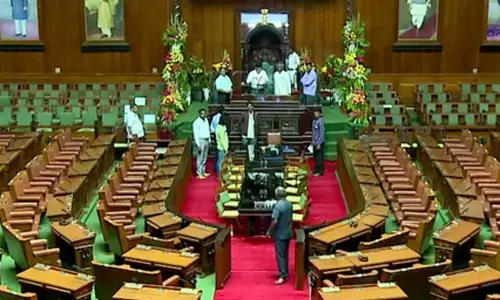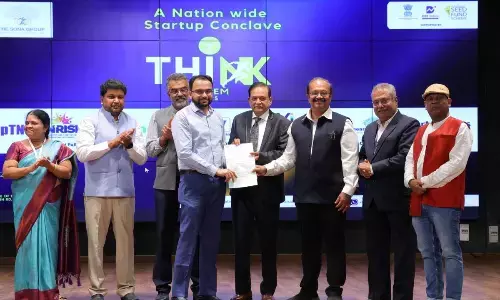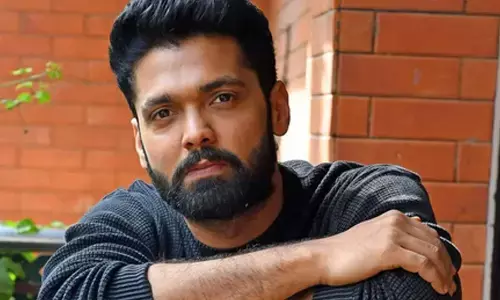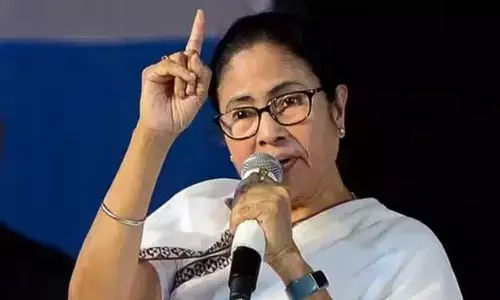Let’s protect Godavari
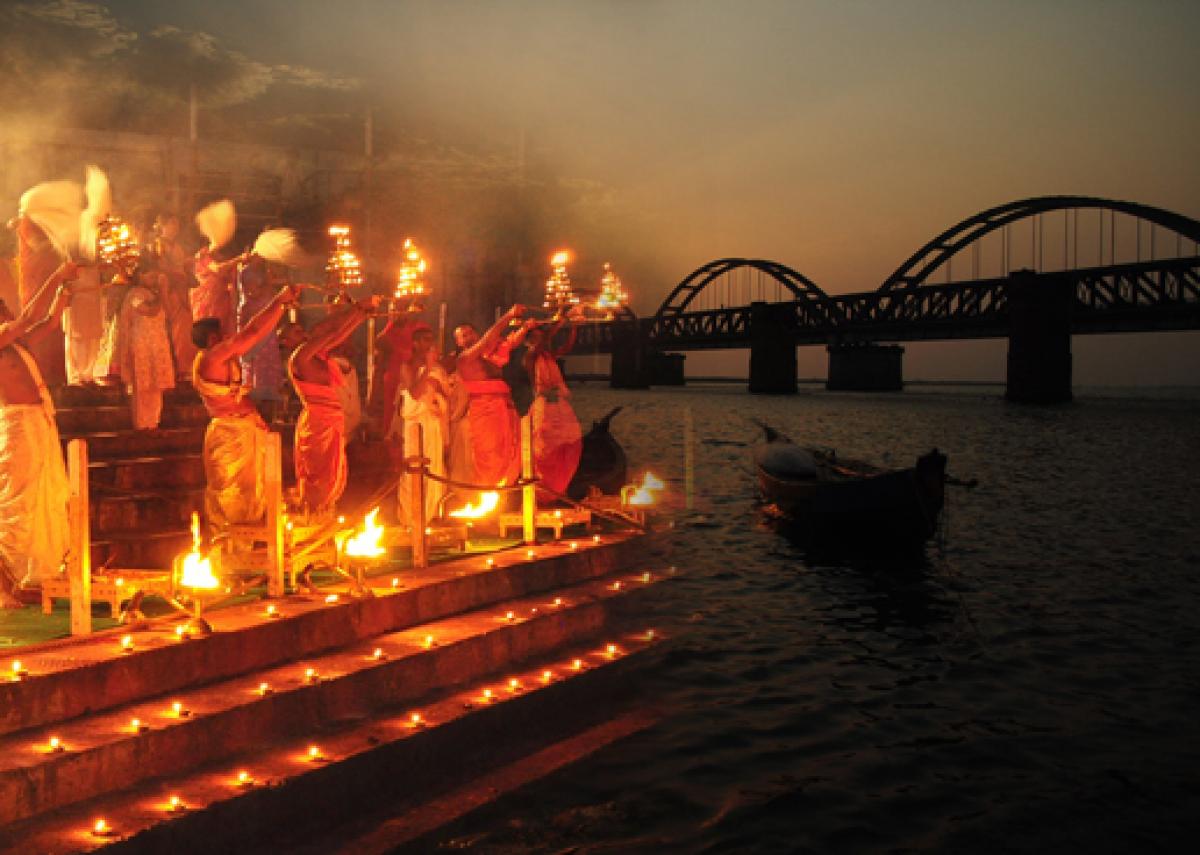
Rivers are the lifeline of humanity and for the two Telugu States, the longest River Godavari has been more that a sustainer of life. In addition to supporting the farmers of Andhra Pradesh and Telangana, Godavari has along its way nurtured settlements. And, though it is born in Maharashtra, it is a significant connecting thread between the two divided States.
Rivers are the lifeline of humanity and for the two Telugu States, the longest River Godavari has been more that a sustainer of life. In addition to supporting the farmers of Andhra Pradesh and Telangana, Godavari has along its way nurtured settlements. And, though it is born in Maharashtra, it is a significant connecting thread between the two divided States.
The river, along its long coast, has people speaking distinctly different dialects, yet the core is Telugu. Many a great civilisation is known to have thrived on river banks; and it was the great Satavahanas, who flourished on the banks of Godavari. The religious significance of Godavari ‘Thalli’ is beyond dispute.
People from every district of Telugu land revere Godavari with utmost devotion and the numerous temples along the coast, each resplendent in its own way – be it the architecture or the spiritual relevance, only exemplify the religious fervour. Pushkaralu, the festival of the river that happens every 12 years is that time of the year when the devout make bee-line to these various temples to take a dip in the holy river, perform puja rituals and most importantly perform the death rites of their deceased relations.
According to one theory, the reference to which is yet to be found in religious texts - the Jupiter (Brihaspati) enters the zodiac of the Sun (Simharaasi) when the 12-rays of the sun fall on the river waters, and this water flows along with the river and its tributaries, making it pure and curative.
It is a well-known adage in Telugu – Reva Teeramlo Tapassu (Penance near Narmada river coast), Kaasilo Maranam (death in Varanasi), Kurukshetramlo Banam (the arrow in Mahabharata war) - are supposedly the noblest. It is believed that the spiritual attainment of the three is realised with just one dip in Godavari during Pushkaralu. A visit to Godavari and a dip in the holy river during this time is said to be akin to visiting every holy place on earth.
In India, the tradition of worshipping rivers, like many other such great practices, has a noble connotation. When we talk of worshipping the river, we talk of worshipping the nature and protecting it. And it is not just the ritual of puja, but the act of safeguarding the river that constitutes real worship.
More so, now! The river pollution is one of the prime environmental concerns, endangering not just the aquatic life, and flora and fauna dependent on it, but also the humanity that is directly and indirectly connected to the life-sustaining rivers. The Maha Pushkaralu that comes once in 144 years, when temples and river banks adorning the Godavari coast will be bustling with devotees, is the right occasion to promise to ourselves, and the river that we revere that we shall protect and respect it.
Let the puja not be a mere ceremony. Let’s start by not polluting the river – take a bath before you take a dip, do not use soap and other chemical-made shampoos, do not throw plastic into the river. After all you cannot think of cleaning your soul by in turn polluting Godavari ‘Thalli’.








